|
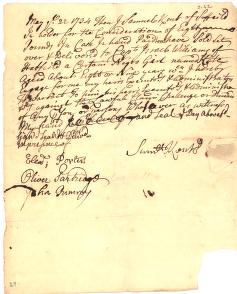
Bill of sale for slave named Kate
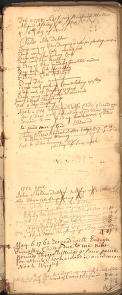
Pages from Rev. Jonathan Ashley's account book
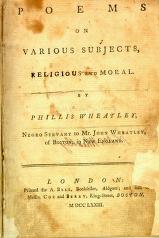
"Poems on Various Subjects, Religious and Moral"
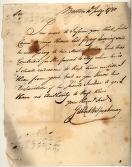
Letter to Aaron Willard regarding slave
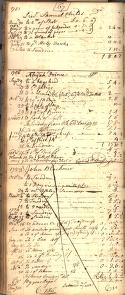
Account Book of Elijah Williams, Ledger B, Vol. 3
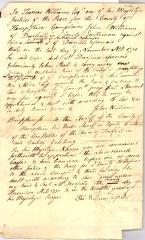
Complaint against slave Caesar for stealing

Advertisement in "The Boston Weekly Post-Boy" newspaper
|
Summary and Objective
Students will understand that there was not a single perspective amongst African Americans during the Revolutionary War Period. Some sided with the Loyalists, some with the Patriots; others had a different viewpoint altogether. By reviewing these documents we will explore the various circumstances in which African Americans found themselves in the 1700s, and generate ideas about what their political views may have been.
Teaching Plan
Step 1.
PRE-ACTIVITY: Students will have been introduced to significant historical events of the Revolutionary War Period and the major issues facing those living in the colonies.
Step 2.
Ask WHAT did the promoters of the American Revolution seek to achieve, and WHO did they seek to achieve it for? Point out from the list generated by students that not every person would participate in self-government- African Americans, women, Native Americans would wait many years before being given the right to paticipate in our government.
Step 3.
In this activity we will focus on the conditions in which African Americans lived during this time period. Read the articles from the digital collection with the students, identifying the dates and the sources.
Step 4.
Students will decide in small groups which articles focused on a person who was a slave, and which did not, giving support for their decisions.
Step 5.
Review with students the major points made by the Loyalists and the Patriots. Be sure to explain the British laws concerning the status of Africans as free persons.
Step 6.
Help students draw conclusions about how ones political affiliation might vary based on his or her socioeconomic status at the time(Northern slave, indentured servant, Southern slave and freed Black each may have a different reason for siding with either Loyalist or Patriot).
|




